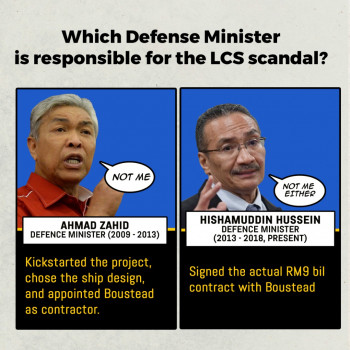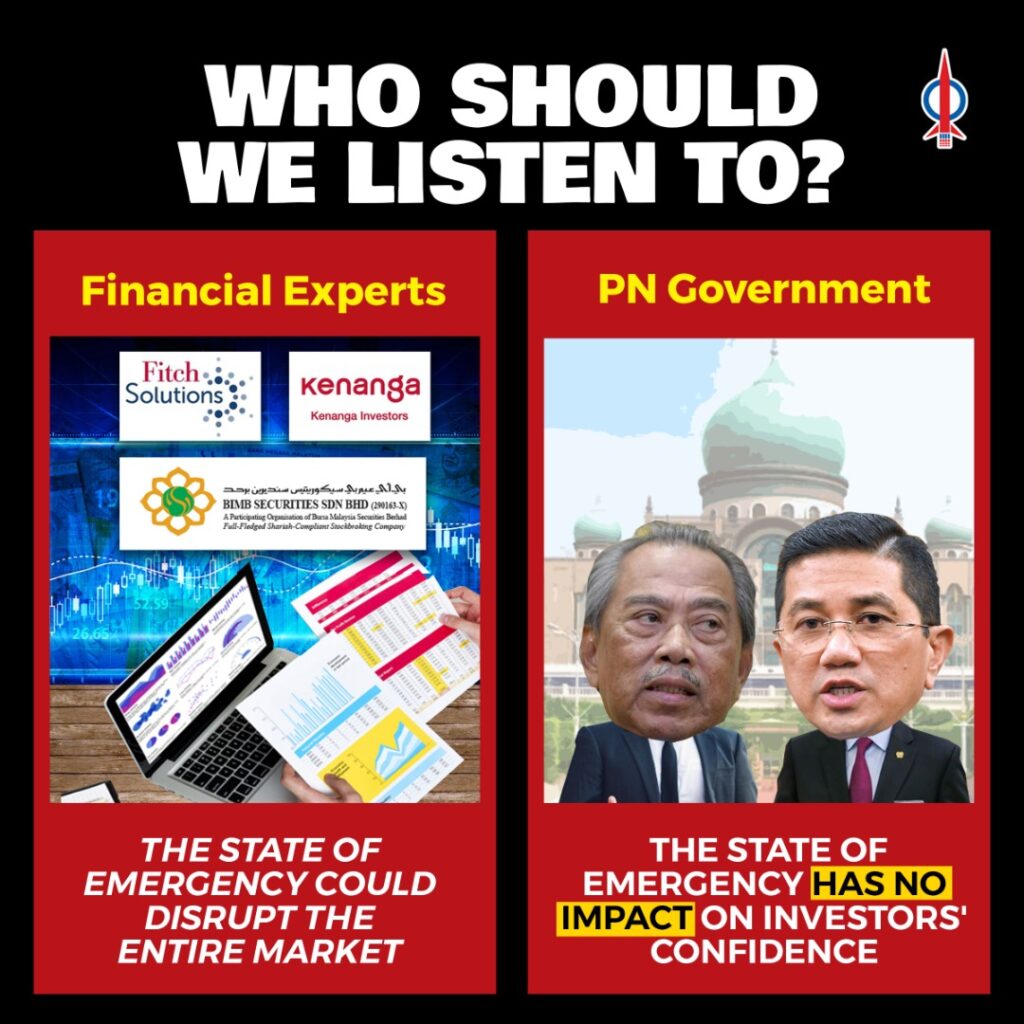
The shameless PN government is either in denial, or is clueless of the real sentiment on the ground, especially within the business and investment circles.
To say that the State of Emergency has no impact on investors’ confidence is preposterous, and will only bring further disrepute to our beloved nation.
But I shall not base my critique on mere sentiments, but published reports by reputable financial institutions that specialises in economics.
These publications’ primary purpose is to provide investment advice vis a vis analytical insights on economic prospects; take it not from politicians on either side of the aisle but from them.
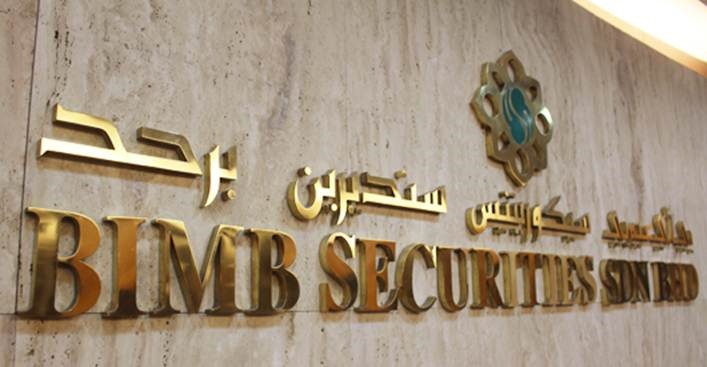
BIMB securities research, in their report published on the 13th of January, wrote that the state of Emergency “may negatively affect the free market notion and could disrupt the entire market.”
The same report also opined that the emergency sends a “negative signal to the investors which led to outflow and diversion of foreign investment from the country.”
It also rightly pointed out the possibility of how “excessive intervention will jeopardize the stability of the entire market as the government could extend any new regulations which could depress the market”.
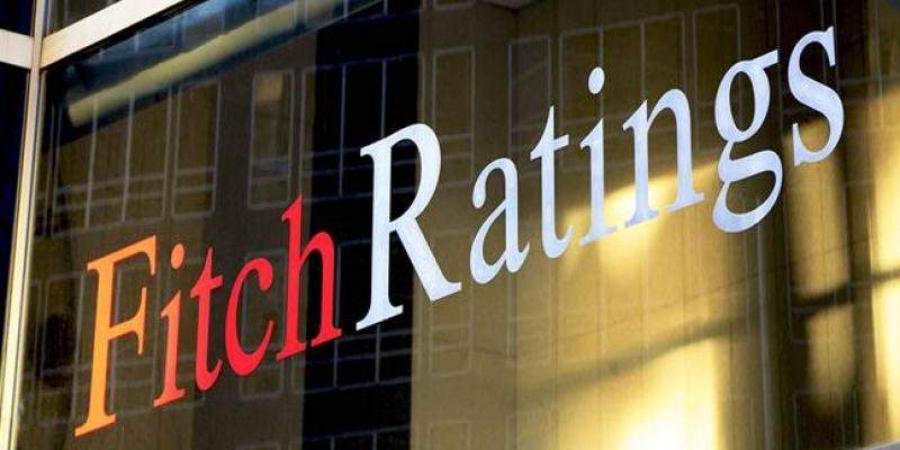
Fitch Solutions Country Risk & Industry Research, which is also affiliated to the ratings agency of the same name, in a report dated 12th January (though expressedly states it acquires no data from the latter) took the view that a “lack of parliamentary oversight is liable to result in an erosion of the government’s already thin legitimacy, having come to power in a backroom coup in Q1-20.
The widely accepted notion of this Emergency being one to save Muhyiddin’s skin from political defeat, also plays heavily on investors’ minds.
The UK based outfit which covers 20 major industries and monitors 200 global markets also wrote that “the risks are especially pronounced if the government takes the opportunity to push through unpopular legislation that would otherwise not have been passed by Parliament.”
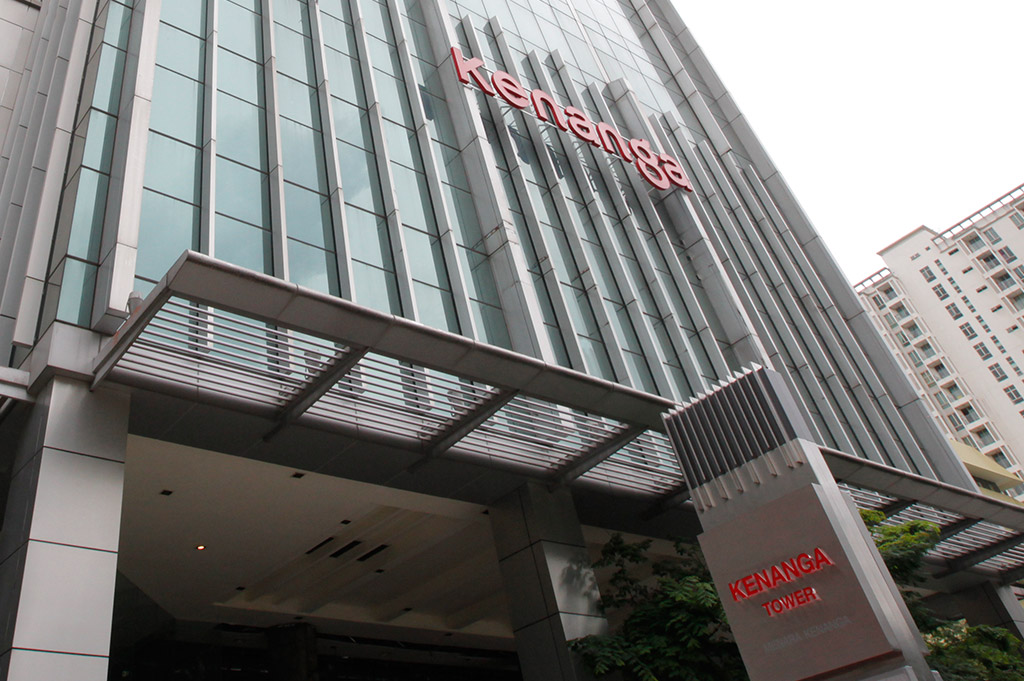
Kenanga, a leading Malaysian investment Bank commented in their economic viewpoint dated 13th January that the State of Emergency “helps to remove the political noise, but only temporarily and stands to damage foreign investors’ sentiment, resulting in delayed investment decisions.”
With Muhyiddin’s now minority government, coupled by his expressed statement that elections will be called when the Emergency is lifted, it is unlikely that any serious investors would invest before an imminent elections in fear of policy changes which will come with a prospective change of government.
Muhyiddin and his government ministers need to level with the investment community and the Malaysian people. Less investments mean less jobs. Less jobs means less income and spending power, which is ultimately a crippling factor for our economy.

To have ministers and political operatives from the government whitewashing the Emergency by referring to the upward rally of the Ringgit against the greenback, and swelling trades in stocks as positive indicators of investor confidence is simply ludicrous.
Active capital markets in trading of currency, stocks and bonds do not mean investors are confident in Malaysia; in fact in means next to nothing to ordinary working class Malaysians. Working Malaysians need investors- local and foreign–to be investing in job creating businesses.
The ordinary Malaysian people needs a government that they can be confident would take care of their welfare for now and the future, and not ministers and political operatives that base their reading of the economy on capital market trends.
Howard Lee
DAPSY Chief



